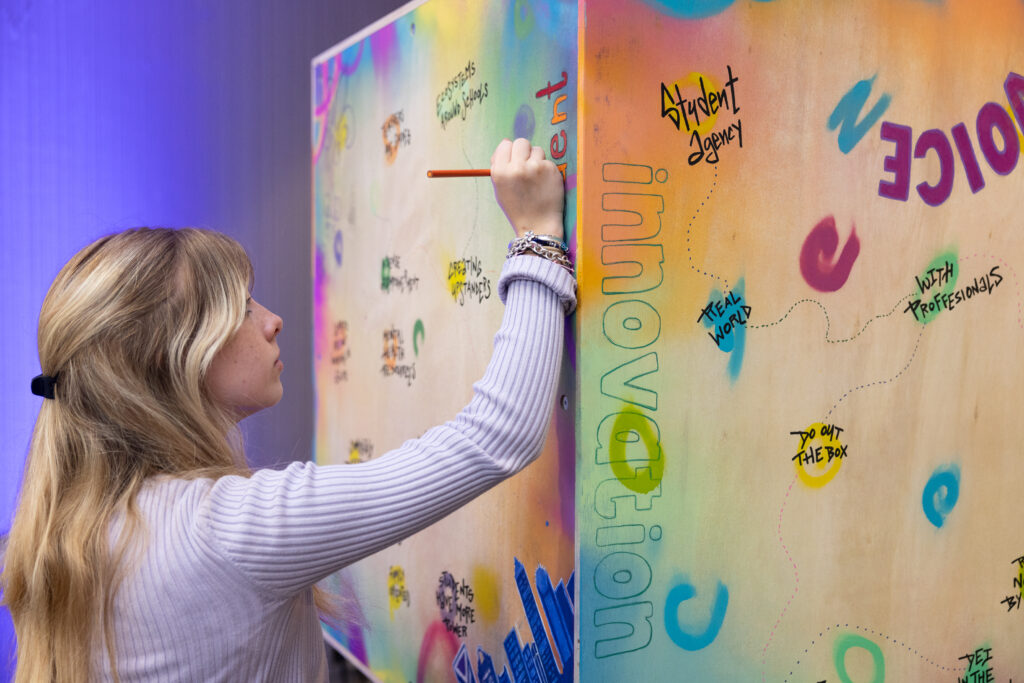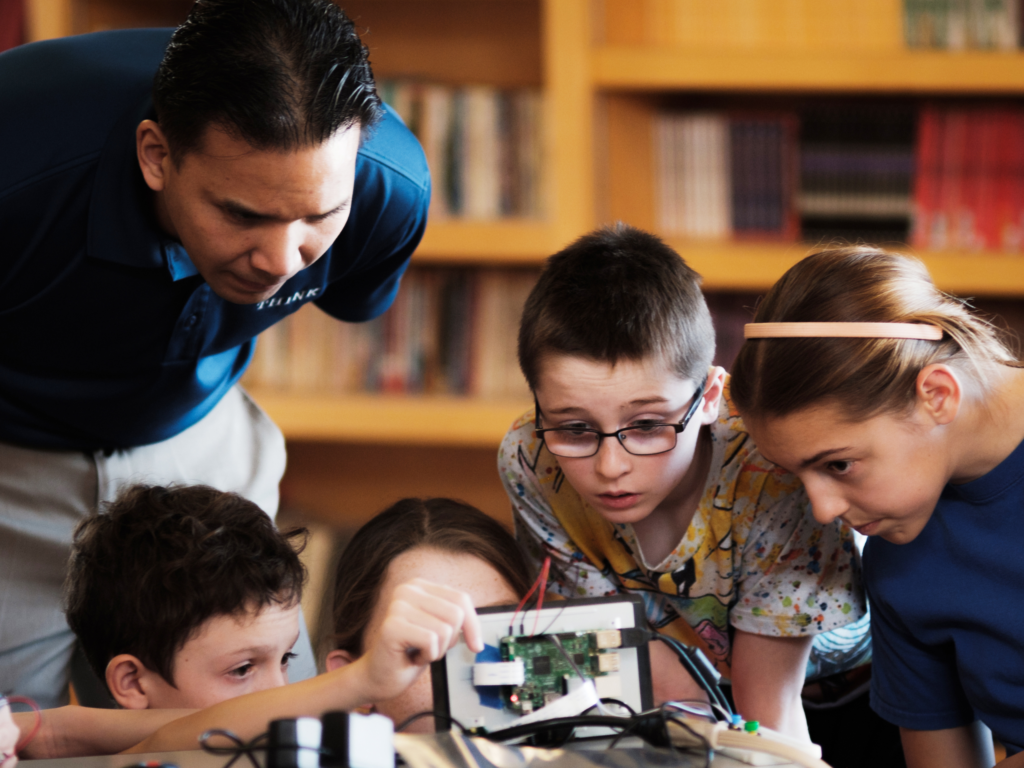Our team at NewSchools has been wrestling with a challenge. While there is growing consensus that schools should focus on more than reading and math scores, the field lacks agreement on which additional indicators are most important and how to measure them. Which competencies and school culture/climate factors are most important? How can they best be measured and cultivated in schools? How do academic and social emotional development work together to support long term success?
Two years ago, we launched a partnership with schools in our portfolio and Transforming Education (TransformEd) to find answers. And, we are now ready to share some of our lessons from the first year of the project. We are releasing what we’ve learned in an insight brief, the first in a series.
As an early-stage funder in PreK-12 education, we invest in innovative district and charter schools all over the country. These schools all embrace an expanded definition of success for students –combining strong academics with important mindsets, habits and skills necessary for success in college, career and life. And, they are committed to equity, embracing high expectations for all students and ensuring outcomes are not predictable by race, ethnicity, or income. This definition of success and commitment to equity are the heart of their efforts to create innovative school models that meet the learning needs of every student.
At the beginning of the 2016–2017 school year, 23 of our schools across 11 states worked with us and TransformEd to identify a common set of academic, social emotional, and culture/climate indicators. Since then, we’ve been collecting data on these measures in our growing portfolio.
The project is ongoing, and it is too early to draw summative conclusions. However, in this brief we share four of the insights gleaned from this project in its first full year (2016–17 school year). These include design and implementation lessons we learned from working closely with school leadership teams and TransformEd, as well as observations based on the data from more than 3,000 students in the 23 schools.
Four Insights from Year One:
· Get started and commit to learning as you go. But get started.
· Social emotional competencies support improved academic development. And, school culture/climate factors create the conditions for both.
· Students’ development of some social-emotional competencies may not be demonstrated by ever higher scores.
· Our measures work. Researchers, educators, and funders should feel confident using our surveys to assess progress on this set of indicators in similar contexts.
Look for future insight briefs that will build on and extend the lessons from our first year of this study. In the second year of the study, the 2017–18 school year, we added another cohort of new schools, growing our partnership to 36 schools across the country that serve more than 11,000 students.
We welcome your thoughts on this important work and look forward to sharing as we learn more.



